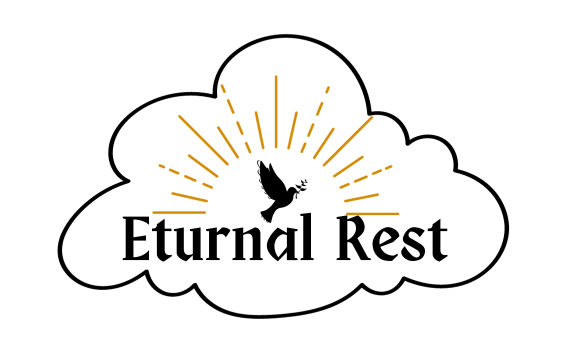Why Do People Sell Grave Plots? And Is It Safe to Buy Them?
Share
For many families, the idea of selling cemetery property feels unusual. Isn’t a grave plot permanent? In reality, cemetery property is considered an asset — and like other assets, it can be sold or transferred when circumstances change.
In this guide, we’ll explore why families choose to sell cemetery plots, what buyers need to know about safety and legality, and how modern tools like Eturnal Rest™ make the process more transparent.
Why Families Sell Cemetery Property
Life is unpredictable, and plans shift. Some of the most common reasons families choose to sell include:
-
Relocation
Families often move across states or even across the country. A property purchased years earlier may no longer be convenient for visits or family gatherings. -
Changing family traditions
New generations may prefer different cemeteries or choose cremation instead of traditional burial. -
Financial practicality
Selling unused property frees up resources while ensuring that valuable space goes to someone who needs it. -
Estate transitions
Inherited plots may not match the needs of children or grandchildren, prompting a decision to sell.
Why Buyers Can Feel Safe Purchasing on the Secondary Market
Many first-time buyers are cautious about purchasing from another family rather than directly from a cemetery. Here’s why they can feel reassured:
-
Legal transfers are required
Every transaction requires official cemetery approval and documentation. -
Proof of ownership is verified
Sellers must provide deeds or certificates of interment rights before a transfer can occur. -
Same rights as retail buyers
Once the transfer is complete, the buyer has the same burial rights they would have received if buying directly from the cemetery. -
Cemeteries oversee the process
Final paperwork and records are updated with the cemetery, ensuring accuracy and permanence.
Common Misconceptions
-
“Reselling isn’t allowed.”
In fact, resale is legal in most cemeteries, though policies and fees may vary. -
“It’s riskier than buying from a cemetery.”
Because the cemetery is involved in the approval process, buyers receive the same legal protections. -
“It’s rare.”
Families sell and buy cemetery property every year — especially in areas where demand exceeds supply.
How Modern Platforms Make the Process Easier
Historically, selling a cemetery plot meant word-of-mouth, newspaper ads, or local brokers. This could make the process confusing, drawn out, and stressful.
Today, online marketplaces simplify things by:
- Providing visibility to a national audience of buyers.
- Explaining cemetery requirements upfront.
- Streamlining communication between buyers, sellers, and cemeteries.
Eturnal Rest™ was built to add transparency, guidance, and security to this process — so families can focus on what matters most.
FAQs
Q: Do buyers pay additional cemetery fees?
Yes. Transfer fees and opening/closing fees are typically required, regardless of whether the property is purchased from a cemetery or the secondary market.
Q: Can all plots be resold?
Not always. Some cemeteries restrict resale or require property to be sold back to them. Always confirm with the cemetery first.
Q: How long does it take?
Timelines vary. In some cases, a transfer can happen in days or weeks once a buyer is found. In other cases, especially in low-demand cemeteries, it may take months or longer.
Key Takeaways
- Families sell cemetery property for relocation, changing traditions, or financial practicality.
- Buyers can feel safe knowing that transfers are legal, verified, and overseen by cemeteries.
- While timing depends on demand, modern tools make the process clearer and less stressful.
